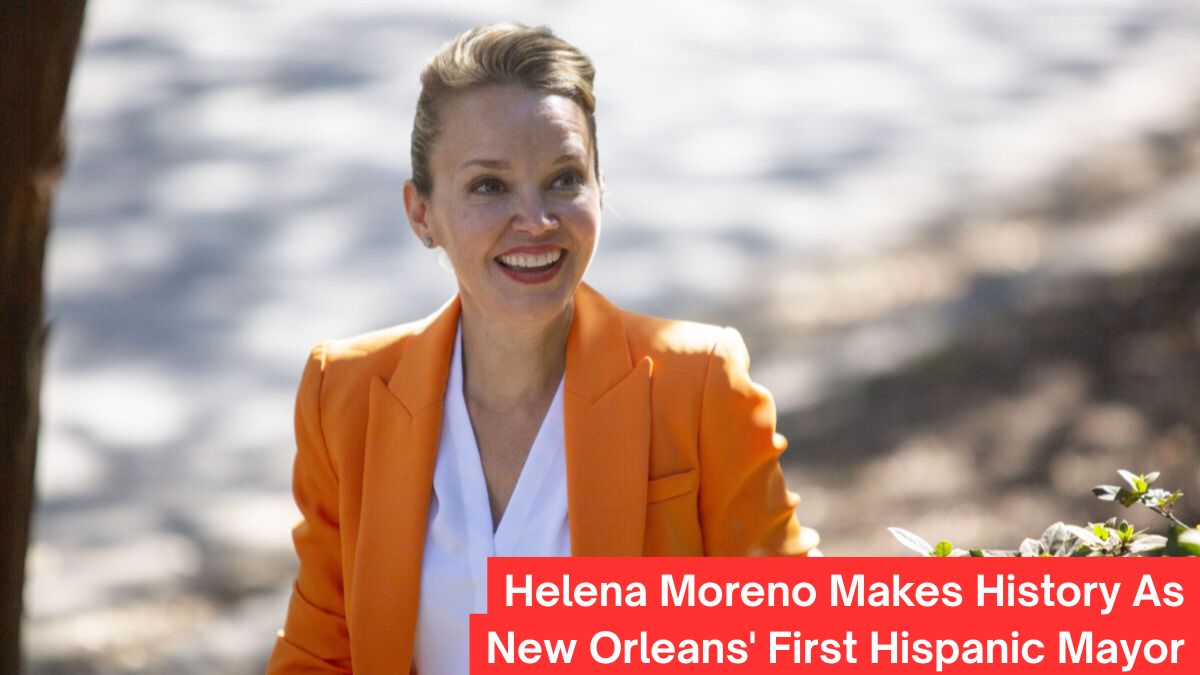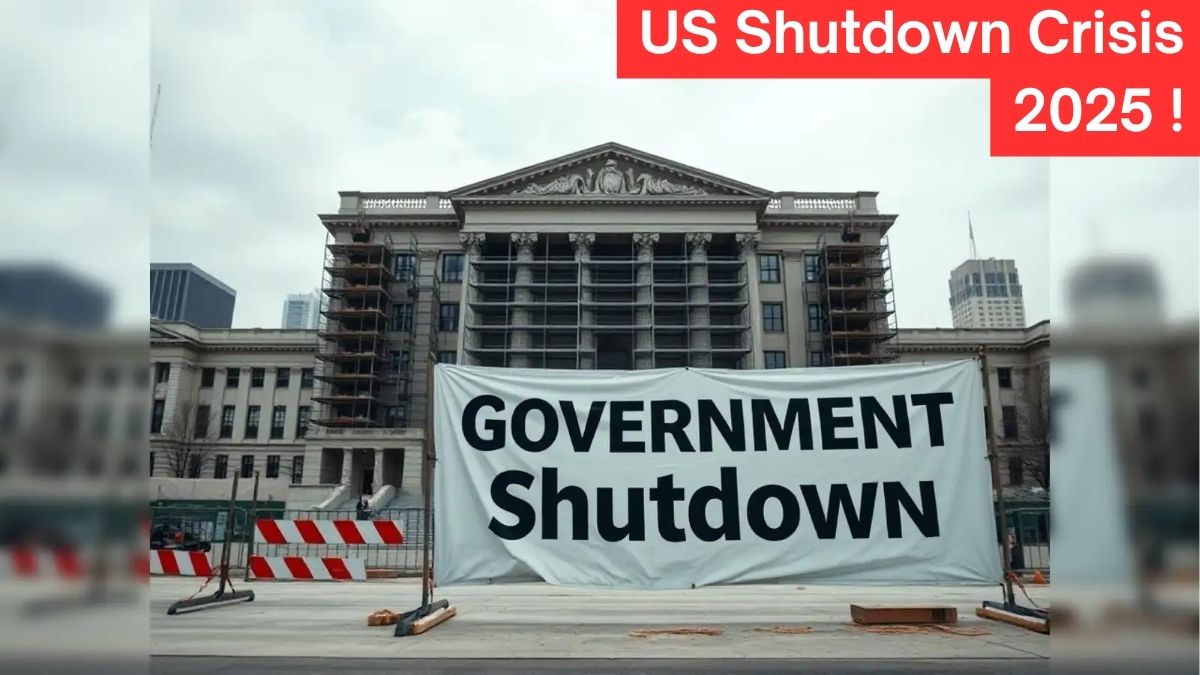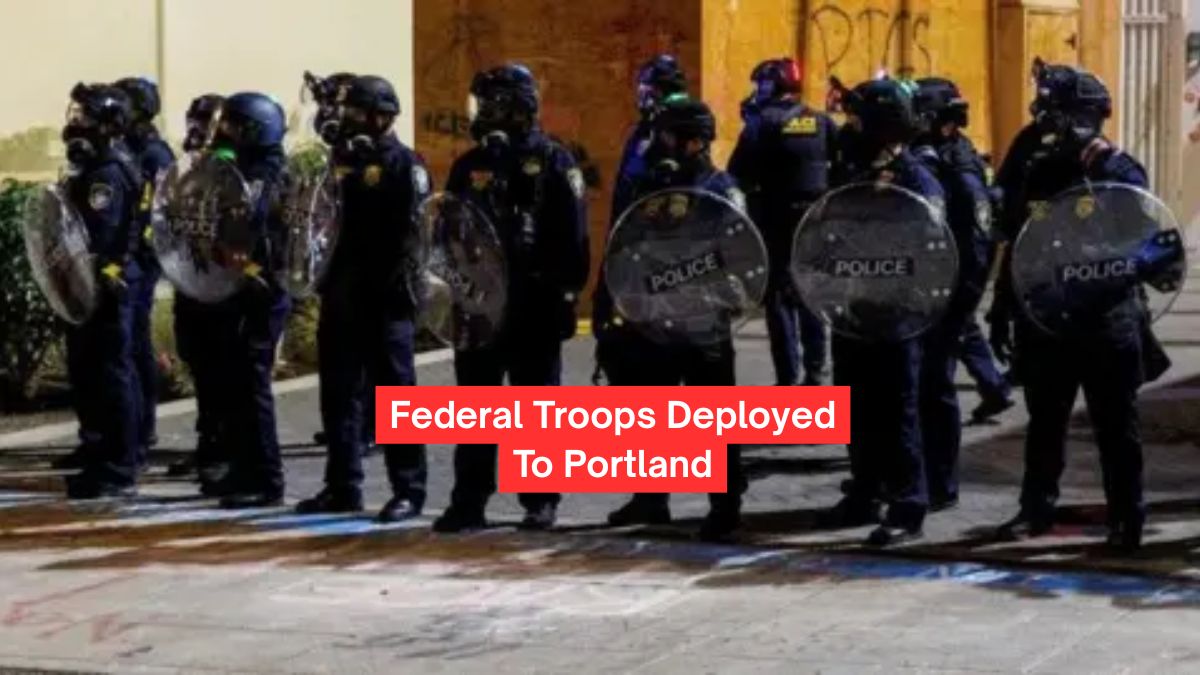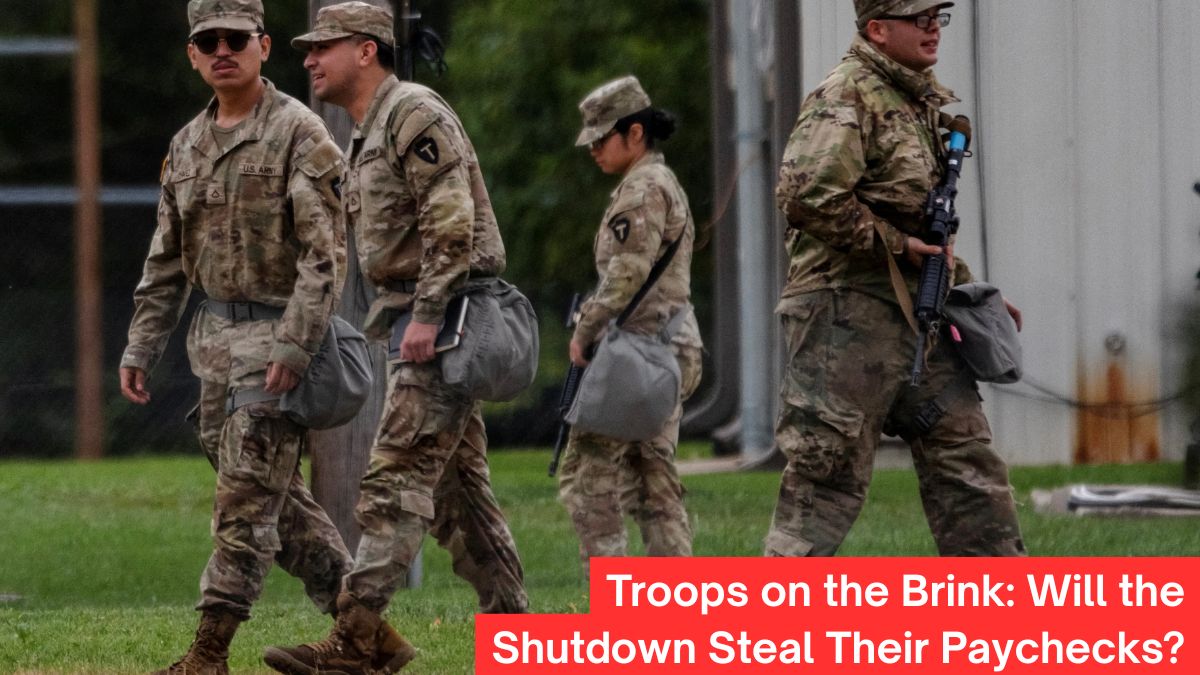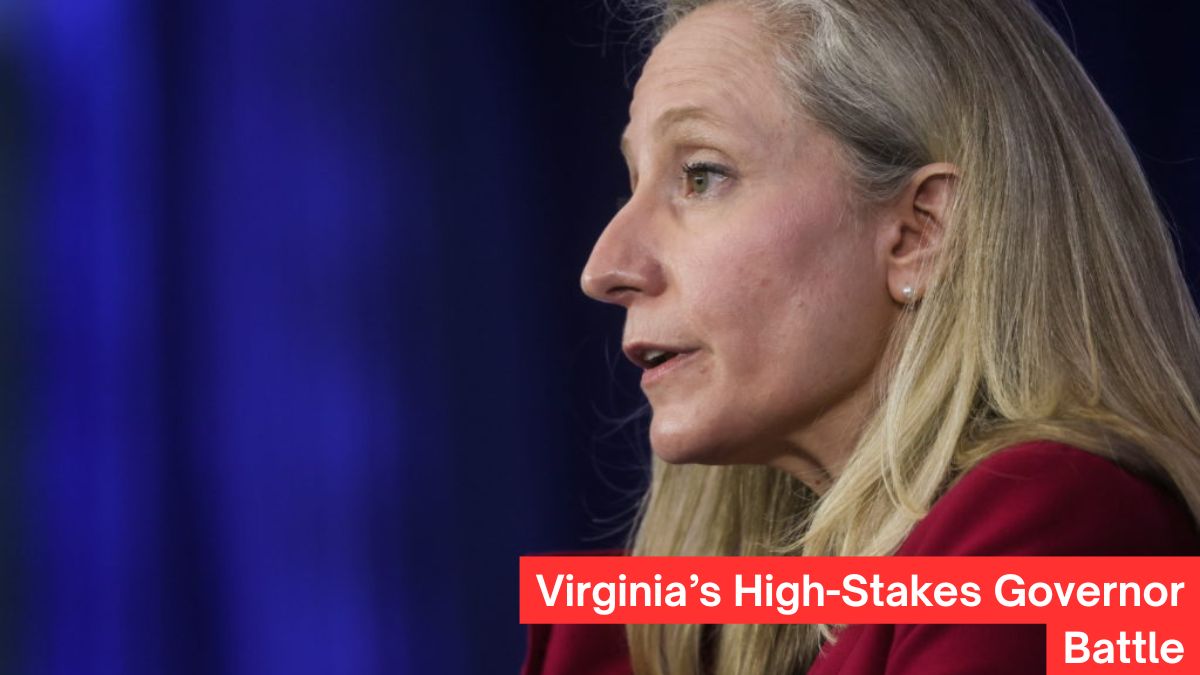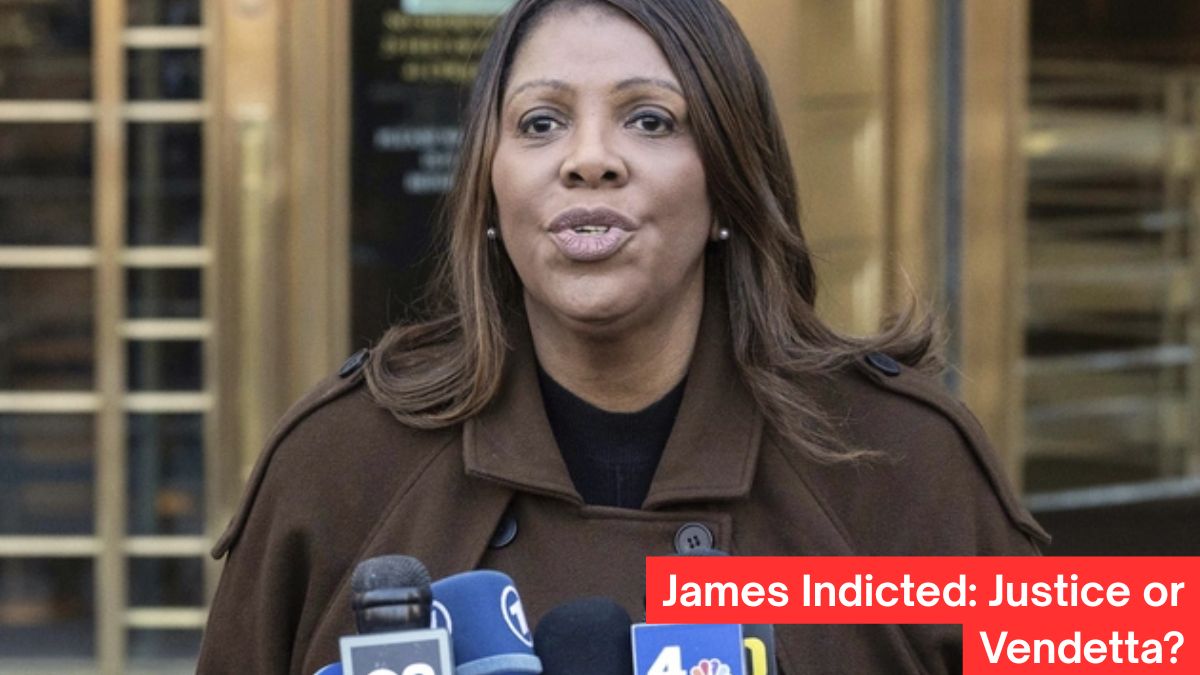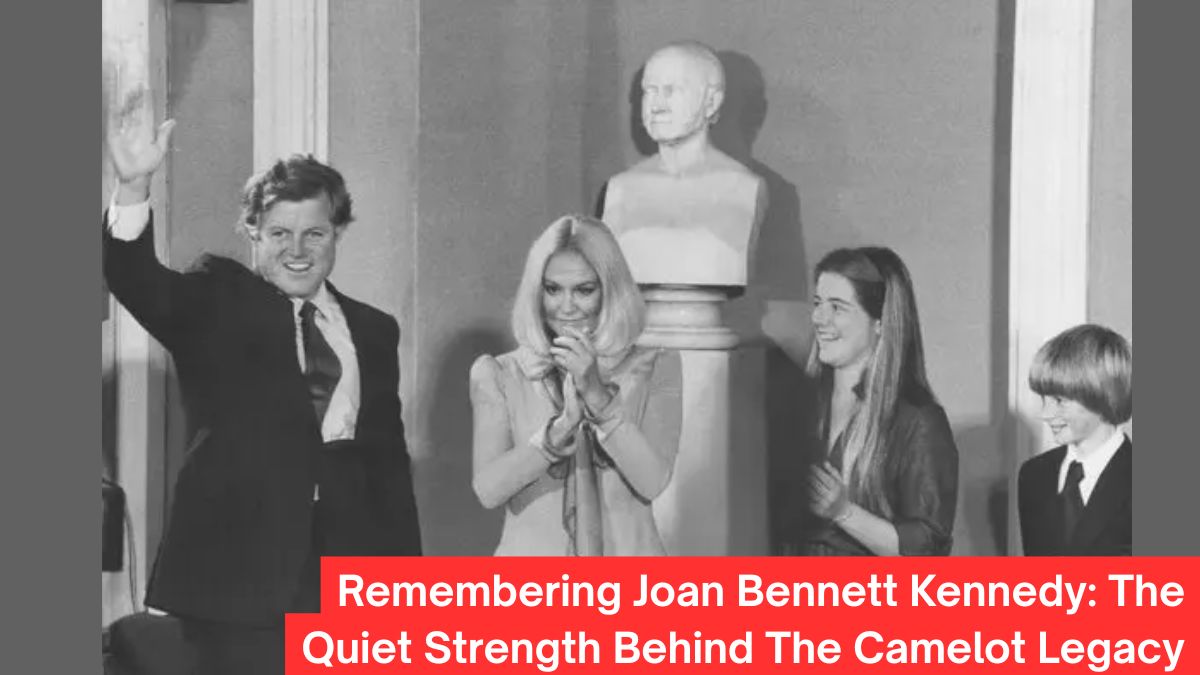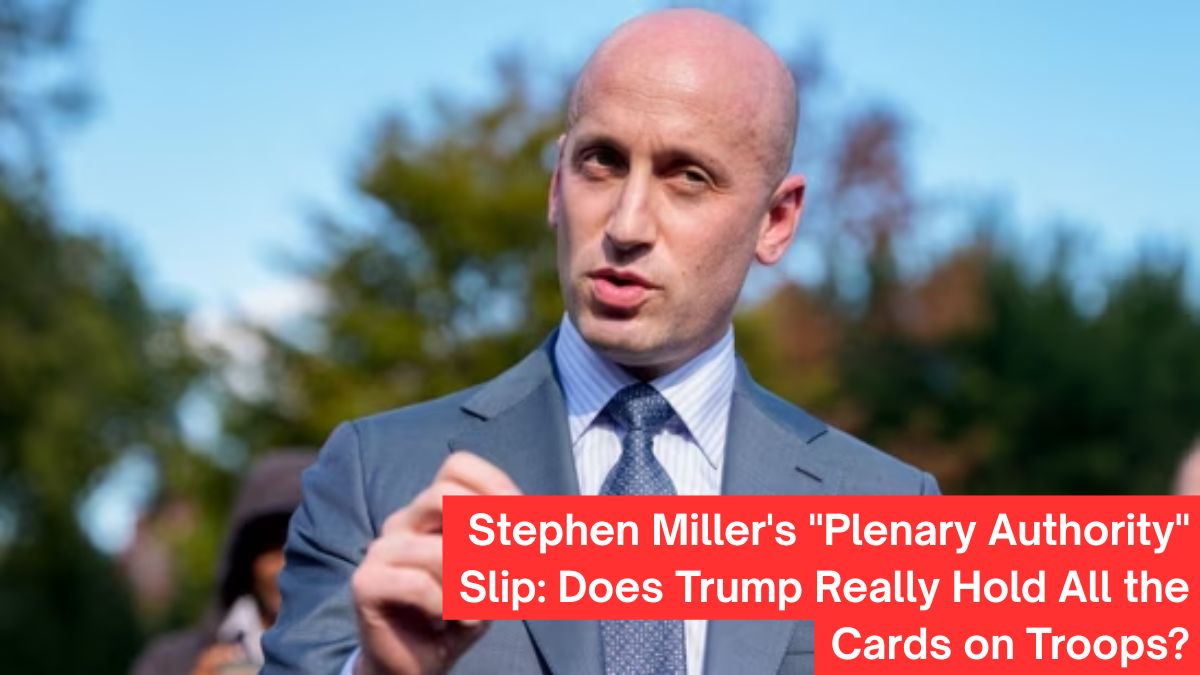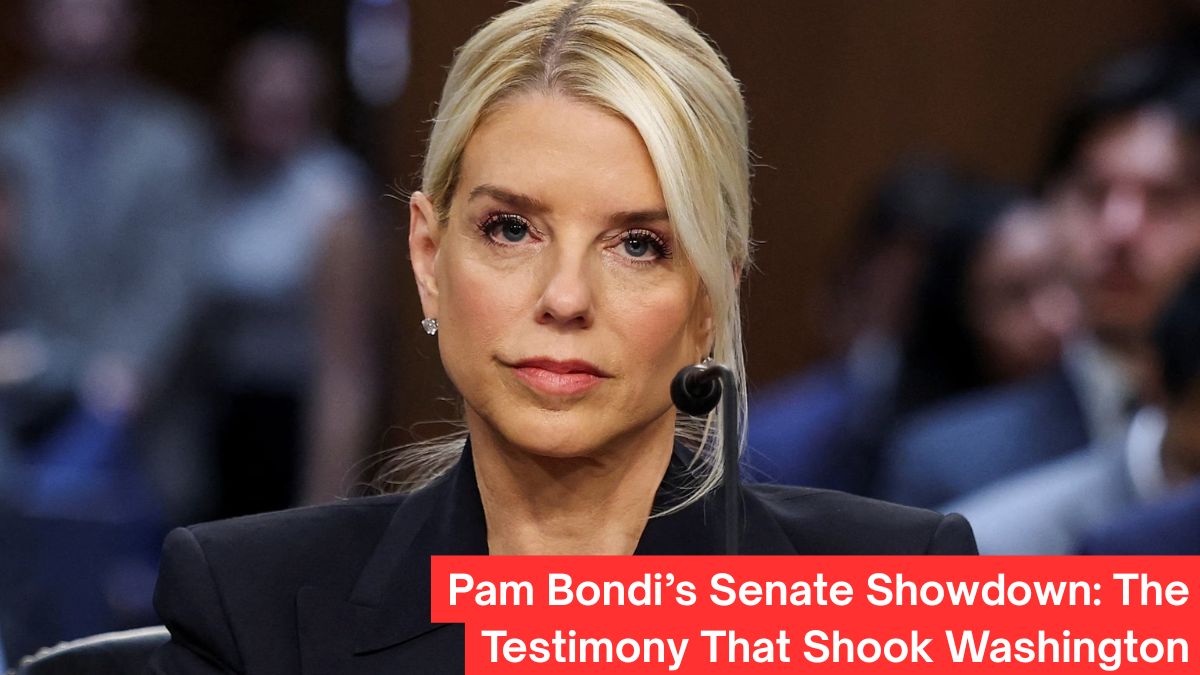The results are in, and a new chapter has begun for New Orleans. Helena Moreno, a Democrat with a strong voice and years of public service, won the mayoral race with 55% of the vote. This was a clear win, so there was no need for a runoff.
Her election is not only a win for her party, but also a big deal for the city. Moreno is the first Hispanic mayor of New Orleans and the second woman to hold the job.
Her win is a big deal for the Crescent City, but it also raises an important question: What will New Orleans be like under her leadership?
Key Takeaways
- Helena Moreno wins with 55% of the vote, avoiding a runoff.
- Becomes the first Hispanic and second woman to lead New Orleans.
- Known for her progressive policies and practical approach to governance.
- Faces major challenges including crime, infrastructure, and trust rebuilding.
- Early signs suggest a focus on city services, jobs, and grid upgrades.
From the Newsroom to City Hall
Helena Moreno’s path to City Hall started far away from politics. She was born in Veracruz, Mexico, in 1977, and when she was eight, her family moved to Houston. Moreno moved to New Orleans in 2001 after finishing college in Dallas.
He worked as a reporter for WDSU-TV, covering everything from Mardi Gras to Hurricane Katrina. She won an Emmy Award for her reporting during the disaster, which made her feel even more connected to the city.
Moreno became a politician in 2010 when she was elected to the Louisiana House of Representatives. There, she worked on issues like stopping domestic violence and making sure everyone got paid the same amount.
She became an at-large member of the New Orleans City Council in 2017 and was elected president two years later. She won a lot of important things, like getting $100 million for improvements to the power grid, expanding job programs for young people, and raising the pay of local musicians.
She is now 48 years old and is taking over as mayor from LaToya Cantrell, who is still under investigation by the federal government. Moreno has already begun making plans for the transition and said that Dr. Jennifer Avegno, the city’s health director, will stay in her position.
A Clear Victory In A Divided Election
Voter turnout was modest at around 40%, but the results gave Moreno a decisive win.
| Candidate | Votes | Percentage |
|---|---|---|
| Helena Moreno (D) | 57,797 | 55% |
| Royce Duplessis (D) | 23,474 | 22% |
| Oliver Thomas (D) | 19,619 | 19% |
| Frank Janusa (R) | 2,315 | 2% |
| Others | <1% each | <1% |
Her main challengers, Royce Duplessis and Oliver Thomas, ran strong campaigns focused on reform and recovery, but neither managed to close the gap.
Moreno’s broad support base included endorsements from Latino Victory Project, Rep. Troy Carter, and former Mayor Mitch Landrieu, showing a rare mix of unity across party lines.
People’s Reaction: Hopeful but a Little Doubtful
Moreno’s win on social media got a lot of people talking. As people celebrated making history, hashtags like #NOLAMayor and #NewOrleansElection became popular. About 70% of what people said online was positive, with many praising her energy and immigrant background. Still, about 15% of the posts were critical of her gun control policies or her style of leadership.
Even though people had different opinions, most agreed on one thing: Moreno’s election is a new chance for the city to rebuild trust and move forward.
What Will Happen Next in New Orleans
Moreno has real problems to deal with when he takes office. The city is still having trouble with crime, broken infrastructure, and corruption fatigue. It’s clear what her priorities are:
- First on her list of things to do to make basic services better are roads, drainage, and power systems.
- Safer streets: Make safety programs bigger and deal with violence without getting into politics.
- Help small businesses by speeding up permits, creating jobs, and starting community solar projects.
- Moreno has said that she will take visible action within her first 100 days. Even Republican Governor Jeff Landry publicly praised her, which could mean that both parties will work together.
People are still careful, though. This is an important time for the city because of its history of political gridlock and public anger. People will be watching closely to see if Moreno’s leadership makes any real progress.
The City Is Waiting for Results
Helena Moreno’s rise from journalist to mayor shows how strong New Orleans is. Her story—an immigrant who built a career and earned the trust of the city—reflects the strength of the community she now leads. People have high hopes for the next chapter, which will depend on whether she can turn her promises into real change.
This win means more to New Orleans than just history. It gives people a chance to trust leaders again and find a steady way forward.
